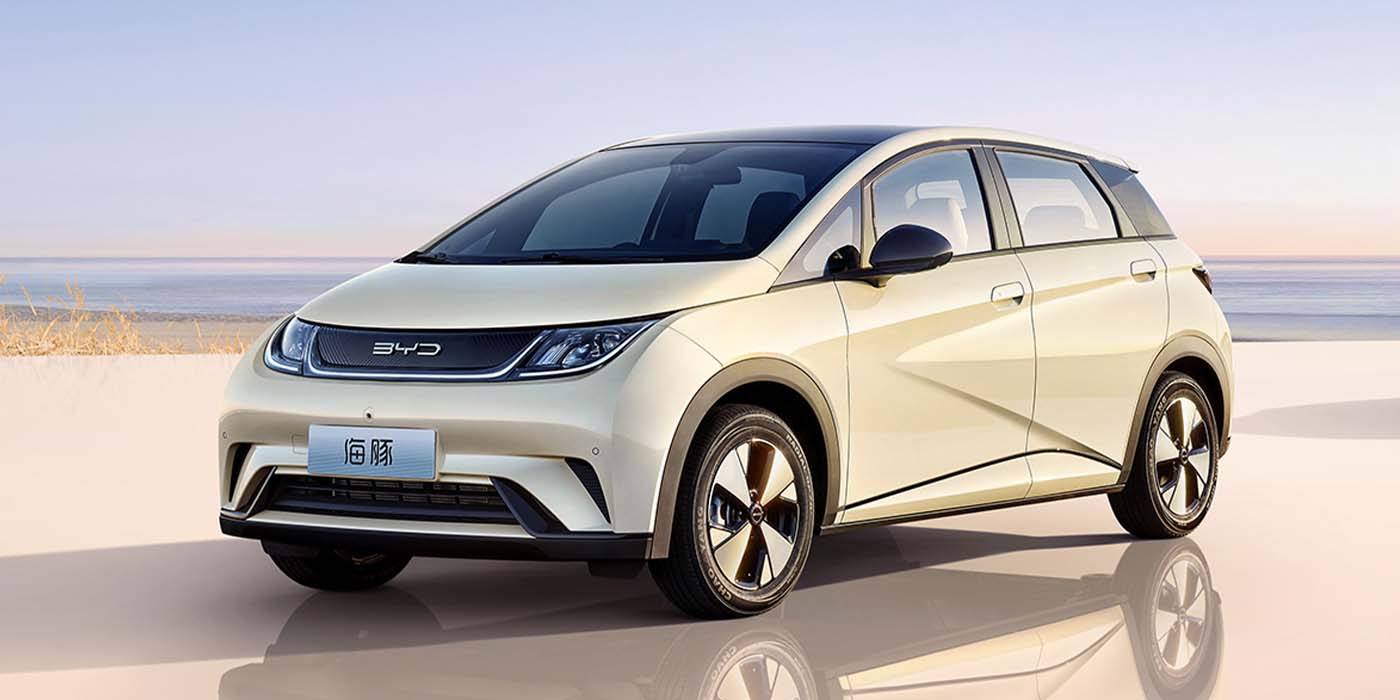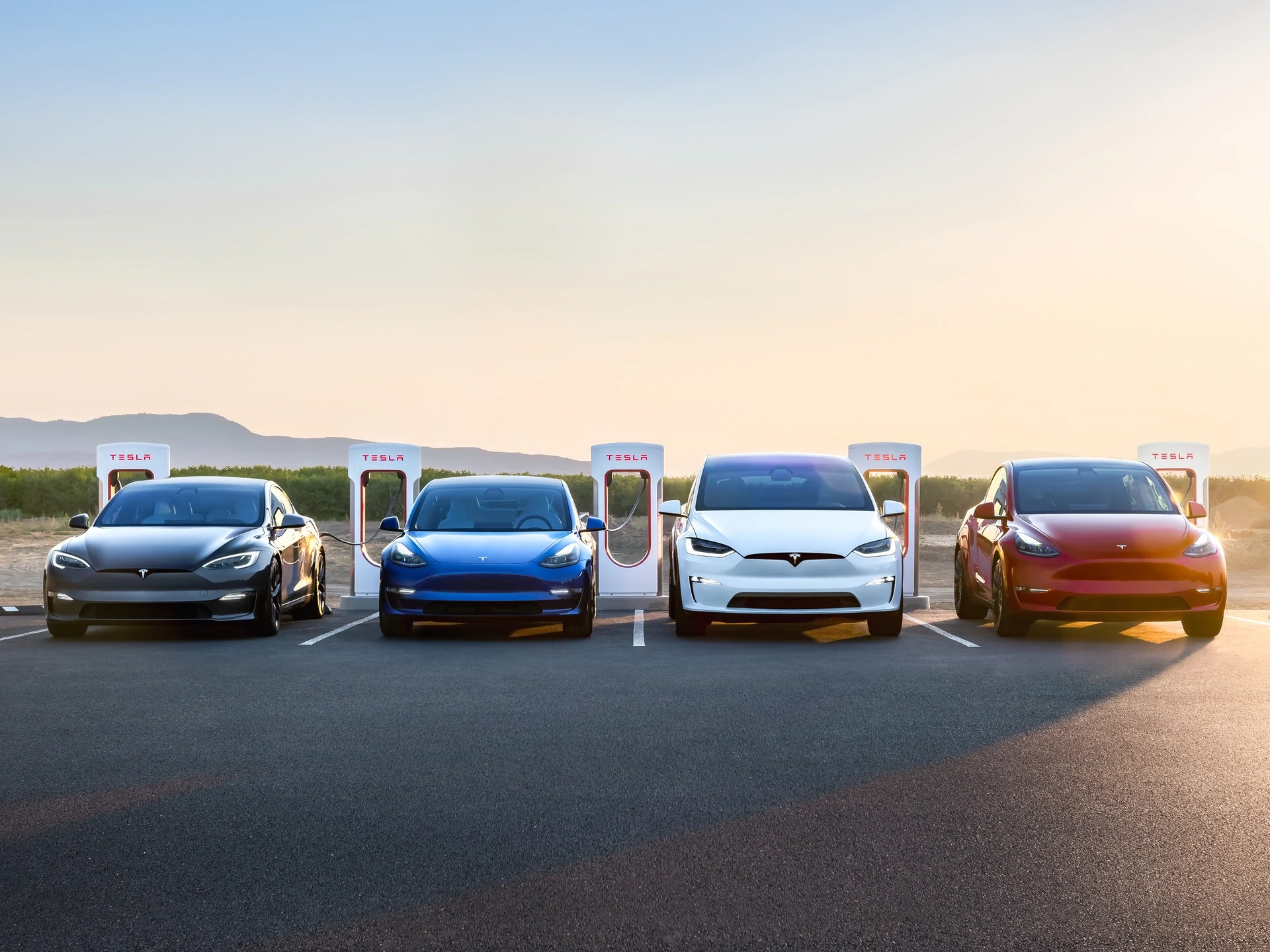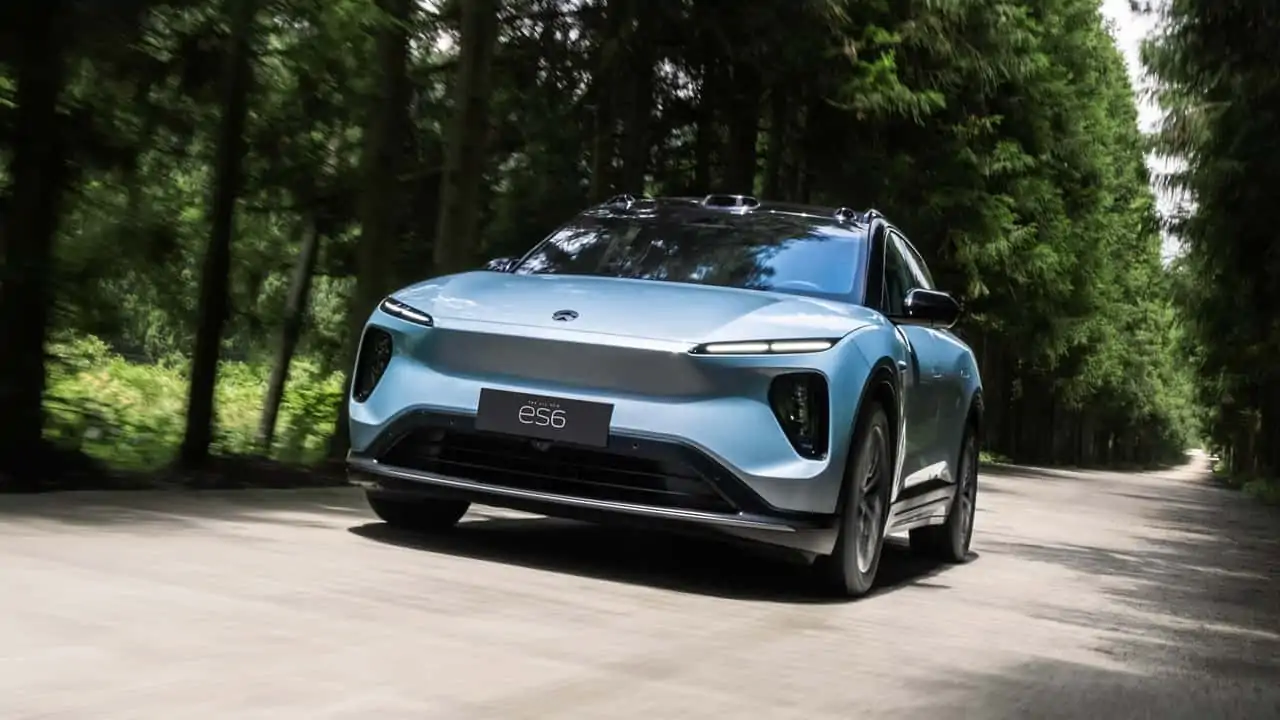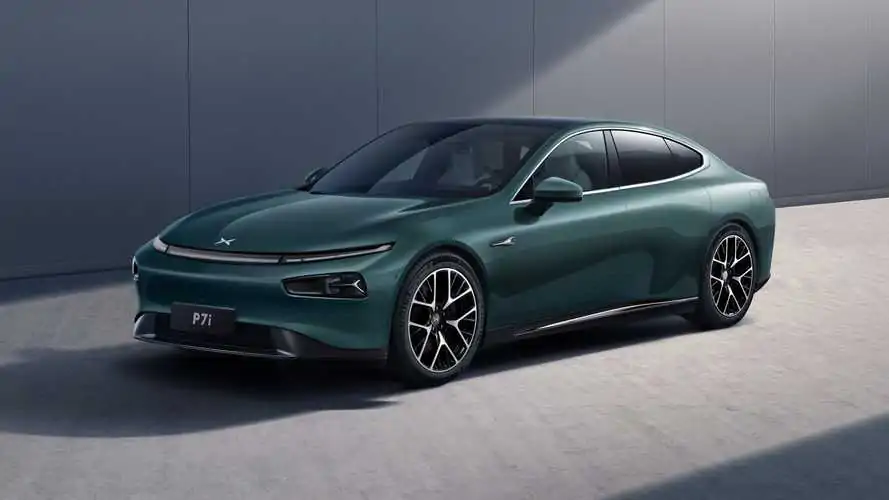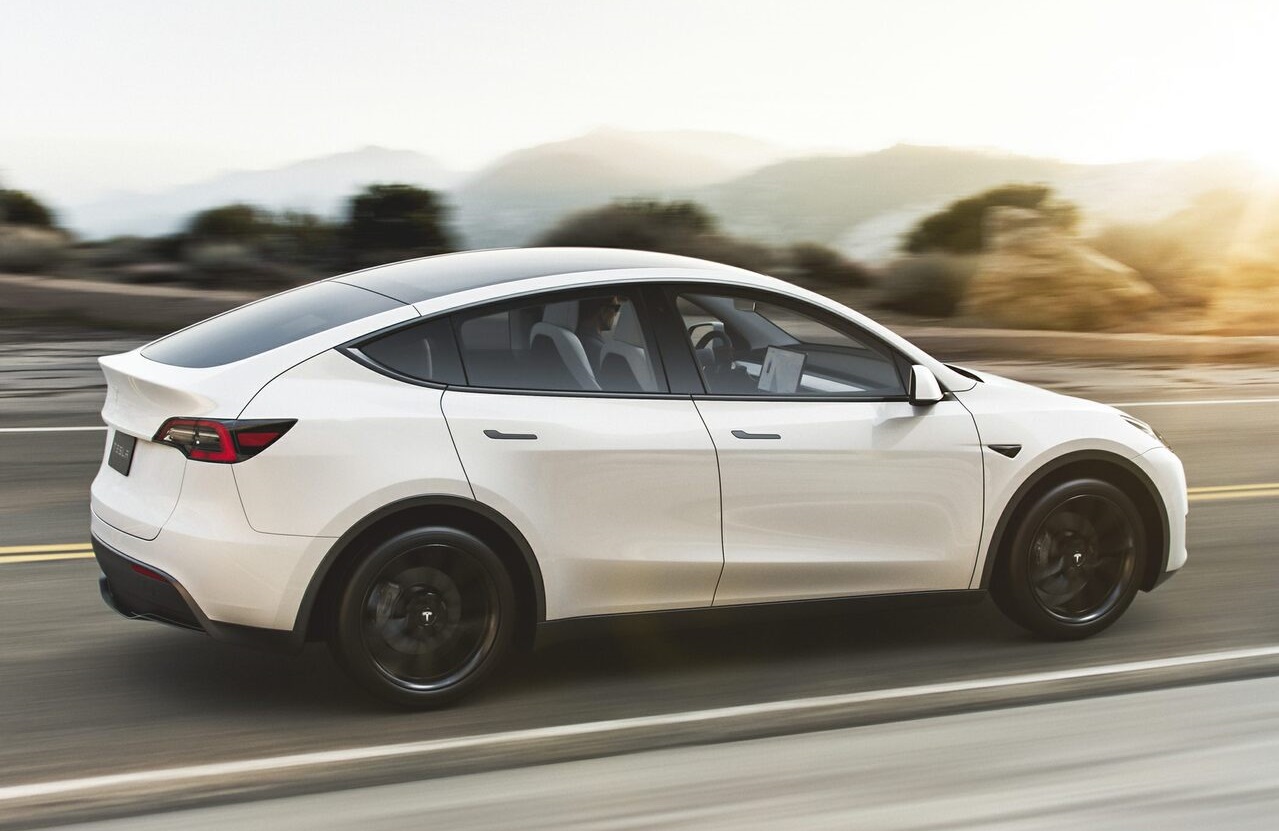The aftermath of Britain’s departure from the European Union continues to reverberate, and now, consumers in the UK could be facing the prospect of shelling out an additional 10% for electric vehicles (EVs) due to impending tariff changes.
Come January, new trade rules will come into effect, including stringent “rules of origin” requirements. These rules mandate that electric vehicles must incorporate 45% locally sourced content by 2024, with the figures escalating to 50% and 60% for battery cells and battery packs, respectively. Failure to meet these targets could expose car manufacturers to steep 10% import tariffs, either in the UK or the EU.
Should automakers decide to pass these tariffs on to consumers, it could translate to substantial price hikes. For instance, an electric Mini might see its price tag increase by £3,000 ($3,659), while a Renault Megane E-Tech could become £3,700 ($4,513) dearer. The cost of a BMW i4 might surge by as much as £5,200 ($6,343), and more high-end EVs could face even more significant price escalations.
Car manufacturers from both the UK and the EU are advocating for a delay in implementing the rules of origin until 2027, citing current challenges in meeting these demanding requirements. Companies like Stellants, Vauxhall, and Peugeot have even raised the specter of potentially shuttering certain British operations if a new deal cannot be reached, according to iNews.
Renault’s chief executive and European Automobile Manufacturers Association president, Luca de Meo, voiced concerns about these potential price hikes, stating, “Driving up consumer prices of European electric vehicles, at the very time when we need to fight for market share in the face of fierce international competition, is not the right move. Europe should be supporting its industry in the net-zero transition as other regions do – not hindering it.”
While British Business Secretary Kemi Badenoch remains hopeful about the possibility of a new deal, the European Commission has thus far rebuffed any consideration of renegotiation. This stance raises the specter that consumers may soon find themselves faced with the prospect of significantly higher costs to acquire electric vehicles.


